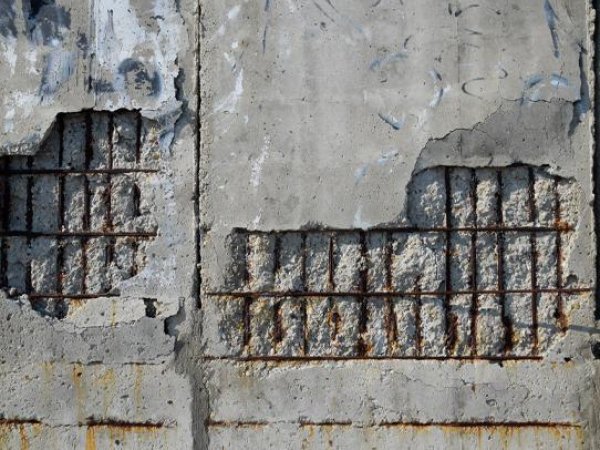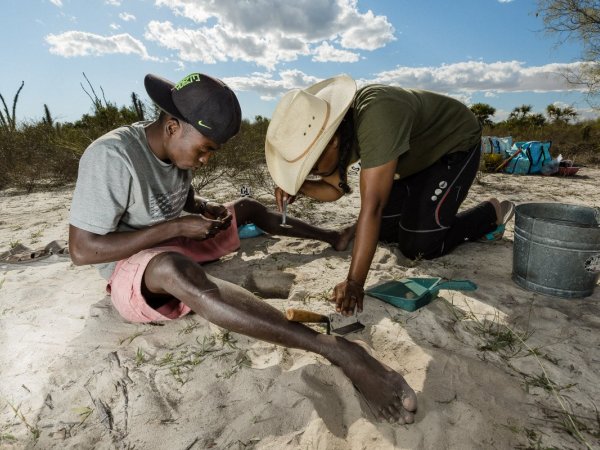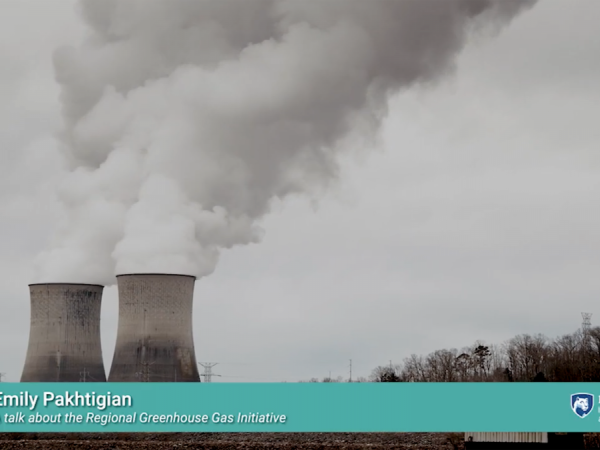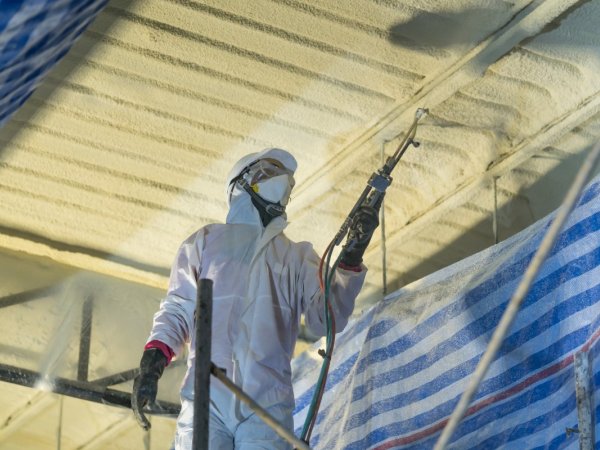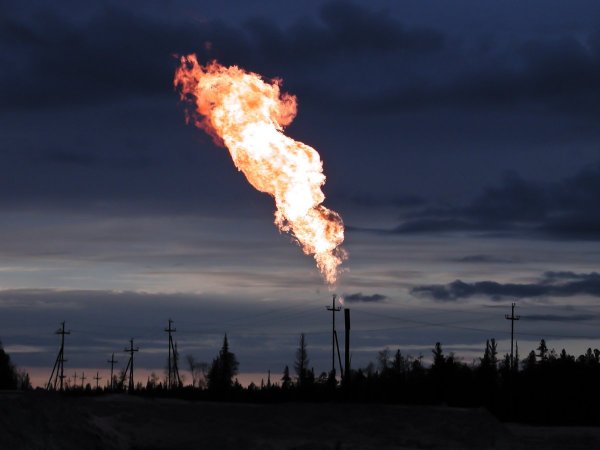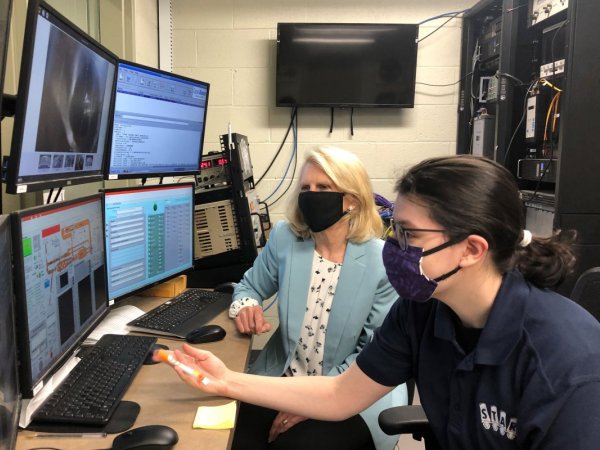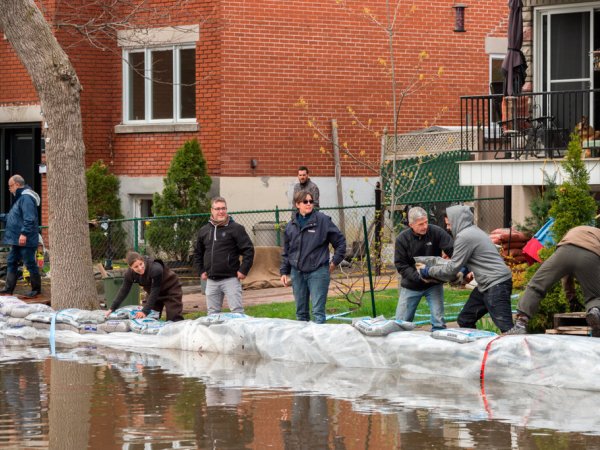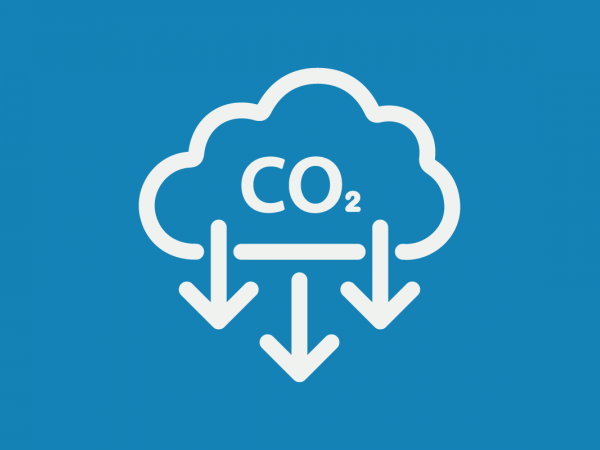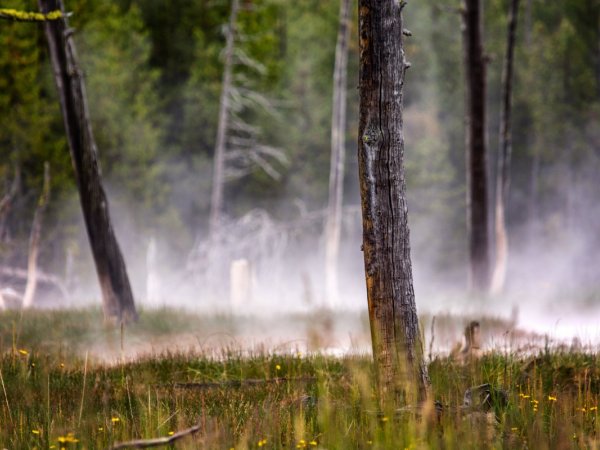Our blog features brief essays, expert commentary, op-eds, and Q&As that cover a wide variety of energy and environmental topics. Each entry is written by researchers from around Penn State, including faculty members and graduate students.
Nuclear waste's need for a new kind of cement
Storing spent nuclear fuel rods has long been a challenge. But a new material that is being developed may help store nuclear waste more safely and for a longer time. It may also reduce carbon emissions by replacing an ingredient in concrete, a major greenhouse gas generator.
Indigenous knowledge is key to a sustainable future
Traditional ecological knowledge held by Indigenous groups around the world is key to understanding resilience and cultural survival in the face of intensifying climate change. In fact, there are hundreds to thousands of years of knowledge that can be an important component of future climate research.
What is the Regional Greenhouse Gas Initiative and how will it affect Pennsylvania?
Emily Pakhtigian explains what the Regional Greenhouse Gas Initiative is and how its adoption by Pennsylvania may impact the environment, economics, and wellbeing of PA communities.
Hydrofluorocarbons saved the ozone layer but are warming the earth
Switching to hydrofluorocarbons led to ozone recovery, but there are drawbacks to hydrofluorocarbons, specifically global warming. Some in the building industry have taken notice of this issue and switched to a different chemical to apply insulation.
The world of energy is changing before our eyes
The world of energy generation is changing. The industry is more aware of climate change and interested in renewables. Researchers are determined to find new solutions and build them collectively. And students are passionate about learning and impacting the future. In short, there is hope.
Communicating climate solutions at the intersections of science and art
Scientists are continually looking to expand how they communicate their science. Laura Guertin found that through art—specifically, quilting—she is able to share her science and engage in conversations around climate change.
The air travel revolution
For years, Karen Thole has been thinking about the aviation industry and its contribution to global emissions. She and her colleagues are working on turbine technology and design that can cut emissions and improve energy efficiency.
Preparing for more extensive and frequent floods makes sense
As global temperatures rise, the implications of climate change are unfolding quickly. Political, cultural, economic, social, and psychological factors influence societal views about climate change adaptation. Although ignoring the implications of a changing climate can seem easier in the short run, avoidance will be costly in the long run. Ignoring the issue is especially problematic in areas with forecasts for more extensive and frequent floods.
Accelerating past zero: Helping Penn State achieve drawdown of its greenhouse gas pollution
Our production of greenhouse gas pollution and failure to eliminate it is worsening the fires, droughts, and storms that will kill and impoverish millions of people in this century and beyond due to climate change. But what can we at Penn State do in the face of this global challenge?
Wildfires: The new normal is now
In 2011, we published a paper that predicted continued warming could transform the Greater Yellowstone Ecosystem by mid-Century. I had no idea that just ten years later, I would bring my children to see this magical place, only to have it shrouded in wildfire smoke.

